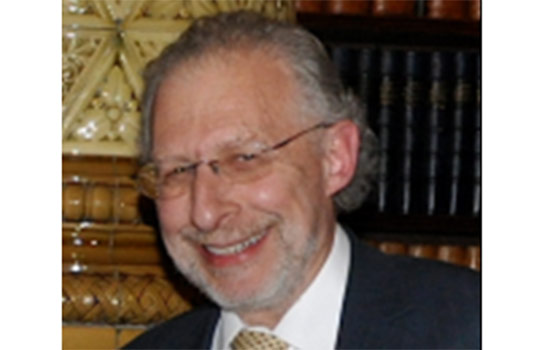In various blogs that I have been writing in the last few months about translational research, algorithms, knowledge and its diffusion and dissemination, skills, performance, and competence, implementation has been ever present in the background and is an important part of my operational model of translational research. The IndoEuropean root PELƎ meant to fill, with […]
Category: Jeff Aronson’s Words
Jeffrey Aronson: When I use a word . . . Checklists

If etymology were anything to go by, checklists would rule our lives, although we must beware not to let etymology rule our views of language, informative though it can be. The IndoEuropean root KSEI meant to gain control or power over, to rule. In Sanskrit a kshatriya was a member of the military caste (rulers, […]
Jeffrey Aronson: When I use a word . . . Language that counts
Last week I referred to “‘competence’ and the more recent ‘competency’”. But both of these words first appeared in English, as cited in the OED, in 1594. So in what sense is “competency” more recent than “competence”? The answer lies in the countability of nouns. The Danish philologist Otto Jespersen expounded the concept of count […]
Jeffrey Aronson: When I use a word . . . Competence
To recap: the triad of knowledge, skills, and performance is, I have suggested, a modern trivium, underpinned by a modern quadrivium—literacy, numeracy, oracy, and computeracy. In its document Working with Doctors; Working for Patients, the General Medical Council defines performance extensionally, listing seven types of activities that it expects doctors to fulfil. Six are prefaced […]
Jeffrey Aronson: When I use a word . . . Performance

As I discussed last week, skills and knowledge constitute the art and science of medicine. To these the General Medical Council, in the first domain in its document Working with Doctors; Working for Patients, adds “performance”. This suggests a modern reworking of an ancient construct, the trivium (implying eloquence) and the quadrivium (implying knowledge). The […]
Jeffrey Aronson: When I use a word . . . Art and science; medical skills and knowledge

To recap, for many years medicine has been regarded as both an art and a science. Is it? As we have already seen, the word “art” has its origin in the IndoEuropean root AR, to join or fit together. In contrast, the word “science” comes from the root SEK, or in an extended form SKEI, […]
Jeffrey Aronson: When I use a word . . . Science—the cutting edge

The IndoEuropean root from which the word “science” eventually descends is SEK, or in an extended form SKEI, meaning to cut. In Greek σχίζειν meant to split or rend, giving us schism, schist, schizoid, and schizophrenia. The hypothetical Germanic derivative skaith gave the word sheath, which was regarded as a split stick, so fashioned as […]
Jeffrey Aronson: When I use a word . . . Art

Ancient physicians considered medicine to be an art, typified by an aphorism of Hippocrates: Plato repeatedly referred to medicine as an art, for example in the Gorgias and the Symposium, as did Roman writers, such as Cicero, Ovid, and Celsus. However, the idea that medicine was also a science gradually emerged. Galen, for example, wrote […]
Jeffrey Aronson: When I use a word . . . Judgement or algorithm? Head or formula?

As I discussed last week, Paul Meehl showed, in 1954, in a book called Clinical Versus Statistical Prediction: A Theoretical Analysis and a Review of the Evidence, that various algorithms performed as well as clinical predictions, although he didn’t use the word “algorithm”. He had been stimulated to investigate this question by a paper in […]
Jeffrey Aronson: When I use a word . . . Algorithms
Muḥammad ibn Mūsā al-Khwārizmī (ca 780-850; picture) was a Persian mathematician, astronomer, and geographer who lived during the Caliphate of the Abbasids, a dynasty that ruled in Baghdad from 750 to 1258, one of whom, Caliph Hārūn al-Rashīd (ca 763-809), features prominently in the Tales of 1001 Nights. Al-Khwārizmī’s work has given us two mathematical […]